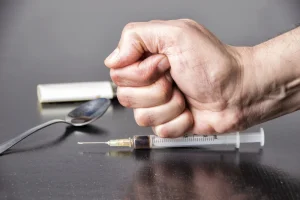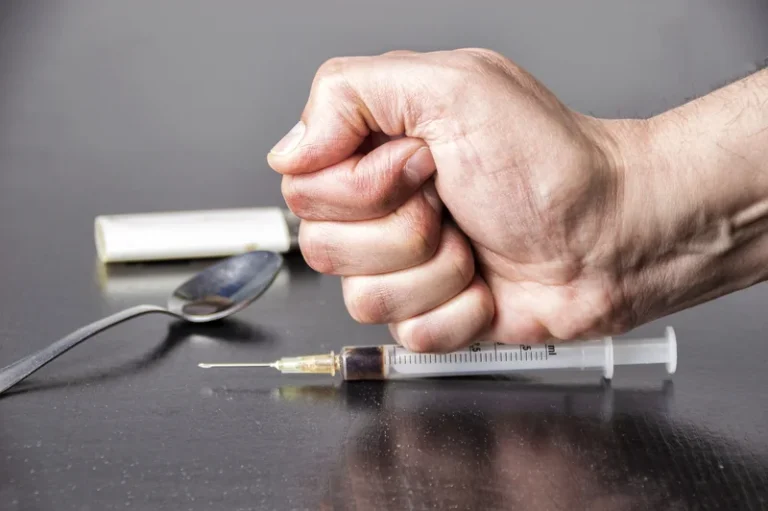
Together, we can navigate the challenges of Ibuprofen addiction, fostering hope and healing for a brighter, drug-free future. In the following section, we explore the path to recovery from Ibuprofen addiction. With the right treatment options and compassionate support, individuals can liberate themselves from the clutches of addiction, finding hope and healing along the way. Together, let us traverse this path with empathy and determination, towards a brighter, drug-free future. Recognising Ibuprofen addiction involves understanding behavioural, physical, and psychological indicators.
Dangers, Long-Term Effects, and Risks of Ibuprofen Overdose
If a person takes ibuprofen by mouth, they should notice the effects after 20–30 minutes. Ibuprofen is an NSAID, which is a type of medication with analgesic, fever-reducing, and, in higher doses, anti-inflammatory properties. Dr. Morgan talks about the risks and how to take ibuprofen correctly, sparingly and responsibly. On the other hand, it may be your provider who prefers a more cautious approach and recommends that you stop taking painkillers that you feel you have come to rely on. Good communication with your provider and pharmacist can help with the transition.

Impact on Daily Life

Physically, Ibuprofen addiction may lead to gastrointestinal issues, stomach ulcers, and heightened sensitivity to pain. Prolonged misuse can result in liver and kidney complications, jeopardising overall health. Our goal is to provide comprehensive insights into Ibuprofen, its intended uses, and the potential for abuse. Empowered with this knowledge, we aim to equip you with the tools to recognize the signs of addiction, understand the inherent risks, and discover the avenues to seek professional help. This addiction can have a grip on someone’s life, but there are treatments available to help. This usually involves the use of a medication called Suboxone that can help curb the painful side effects of withdrawal and detox.

Can You Overdose on Ibuprofen?

A substance abuse counselor will use these criteria to determine if a patient has an ibuprofen dependency that may require professional treatment. While Advil may be a safer alternative to prescription painkillers, taking too much of it can be dangerous. A recent study by the Cleveland Can You Get Addicted to Ibuprofen Clinic found that taking more than the recommended dose of ibuprophen-containing medications is more common than you might think. The study looked at more than 1,000 NSAID users and found that as many as 15 percent of them exceeded the maximum recommended daily dose. The good news is that these disorders are treatable anxiety conditions that can be successfully diagnosed and treated. If you are unsure whether anxiety or addiction or both may be driving your ibuprophen habit, that’s even more reason to consult mental health professionals who can help.
In reality, individuals can become addicted to painkillers and the relief they provide. As their body adjusts to the side effects, they find that they have to take more and more of the medication to achieve the same results. In addition to exceeding the recommended maximum dose, they may exceed the daily limit or number of capsules they should consume. In treatment programmes targeting drug dependence, essential workers are assigned to offer steady backing and counsel during a person’s path towards rehabilitation. Post-rehabilitation care services become accessible after individuals finish their programme at drug rehab facilities.
Allergy to paracetamol, aspirin and ibuprofen
- However, it is not recommended to be taken on a daily basis for more than 30 days due to the side effects of COX inhibition on other organ systems.
- Detox serves as a foundation, preparing individuals for further comprehensive treatment.
- Experts with experience providing support explain how to cope when treatment takes time.
- Avoid medications that contain other NSAIDs, such as aspirin, naproxen, ketorolac and meloxicam.
- In order to realize the same alleviating relief, patients will naturally decide to self-medicate with higher and higher doses of Ibuprofen to the point of developing a dependency.
According to one survey, about 15% of people who take ibuprofen exceed the maximum recommended daily dose for this drug. To address the challenges of ibuprofen dependency effectively, it is advised to start by consulting a qualified counsellor or therapist. Support can also be sourced from organisations like Sunlight Recovery and community drug help agencies. Individuals grappling with an addiction to this moderate substance tend towards isolating themselves as their fixation on ibuprofen dominates much of their time and vitality, diminishing opportunities for engaging socially with friends. Such withdrawal can become quite prevalent among those struggling specifically with moderation issues regarding their substance intake.
Psychological Dependence vs. Physical Addiction
- While Ibuprofen is not physically or psychologically addictive, a person may become physically dependent in order to maintain their activity level by controlling pain.
- ASV, AYW and RS provided considerable editing, revisions and content review of initial draft and all authors read and approved the final draft of the manuscript.
- If a person feels dizzy after taking ibuprofen, they should not drive or operate machinery.
Psychological dependence occurs when a person believes they need a substance to cope with emotional or psychological issues. Some people may develop a psychological dependence if they rely on it excessively for pain relief. This can result in them taking Ibuprofen to alleviate an anxiety disorder, even when it may not be necessary to control pain, or in larger doses than recommended.
NSAIDs, generally thought to have little or no addictive potential, are not classified as a controlled substance; in fact, they have been used as a replacement for placebo in pain-related clinical trials (Adams et al., 2006). The participant was a 58-year-old, Black female of Haitian descent, living with HIV. In response to the initial MINI prompt, used to assess past-year drug use, the participant reported using an NSAID more than once in the past 12 months “to get high, to feel elated, to get a ‘buzz,’ or to change her mood” (Sheehan et al., 1998). The participant’s responses to questions designed to assess each specific DSM-IV and DSM-5 substance use disorder https://ecosoberhouse.com/article/signs-and-symptoms-of-alcohol-dependence/ criterion are detailed in Table 1. In total, she met 4 out of 11 substance use disorder criteria related to her use of ibuprofen, which met the threshold for DSM-5 moderate substance use disorder (American Psychiatric Association, 2013). The participant denied using any drug non-medically other than ibuprofen in the previous 12 months.
Comments are closed.

